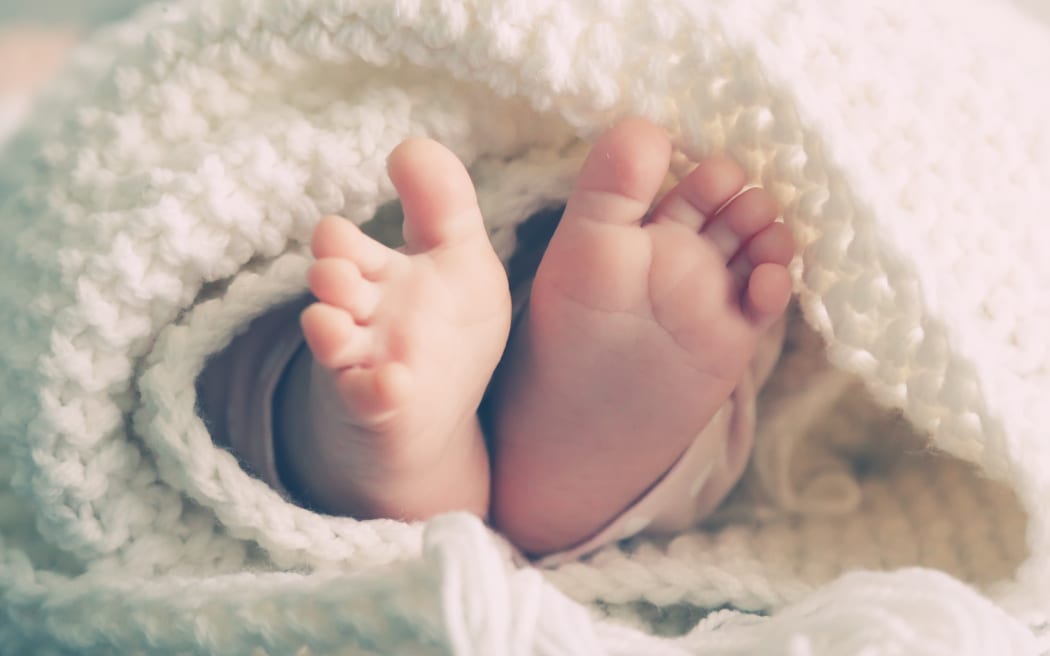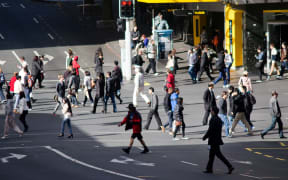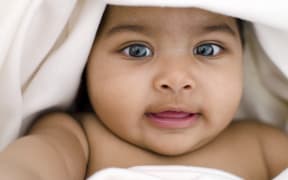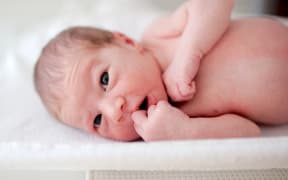
There were more babies born to unmarried parents in New Zealand than to married parents in the year to 30 September. Photo: 123RF
The number of babies born to unmarried parents in New Zealand has surpassed the number born to married parents for the first time.
Provisional births and deaths figures released by Stats NZ today also revealed there were 633 fewer live births in the country in the year ended 30 September, and 3474 more deaths.
Of the 58,749 live births registered, 29,508 babies - or 50.2 percent - were born to parents who were not married.
However, almost two thirds of those babies had parents who were living together in a de facto relationship.
The fertility rate remained well below the population replacement level of 2.1 births per woman, dropping slightly to 1.65 births, from 1.66 the previous year.
Infant mortality rates also declined, with 3.57 deaths per 1000 live births, down from 4.5.
Today's population estimate:
- Click here to see Stats NZ's population clock - its best estimate of Aotearoa's population right now
The numbers also showed that, for the second quarter in a row, New Zealand's annual population growth was sitting at just 0.2 percent, largely because the number of people leaving the country continued to outstrip those arriving.
The population was provisionally 5,127,400 at 30 September, an increase of 12,400 on the previous year.
There continued to be more females (2,583,800) in New Zealand than males (2,543,500) however, compared with Stats NZ data to 30 June, the median age of males in the country increased slightly over the quarter, from 37.0 to 37.1 years.
Read more population stories:
- Our little corner of the world: What NZ's population looks like as the world reaches 8 billion people
- World's population 8 billion and counting
- Annual population growth slowest since late 1980s - Stats NZ
- How Covid-19 has changed our demography
Māori population grows
Other figures released by Stats NZ today revealed that the Māori ethnic population had grown by 2 percent in the year to 30 June, with tangata whenua now making up 17.4 percent of the country's population.
The increase of 17,200 people was largely attributed to natural increase (births, minus deaths), Stats NZ said, though net migration and the fact more people were identifying as Māori also played a part.
Aotearoa's 892,000-strong Māori population also had a younger median age than the general population, the data showed, with the median age for Māori males 25.5 years and the median age for Māori females 27.6 years.






